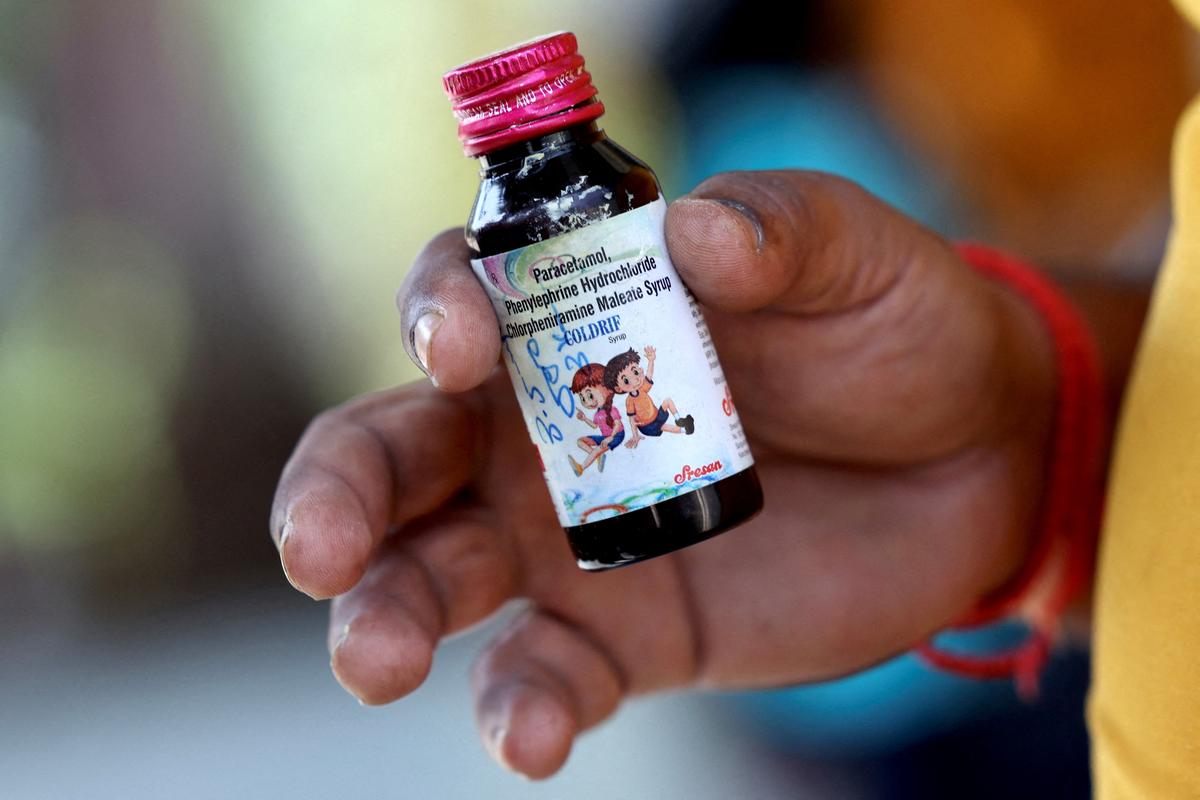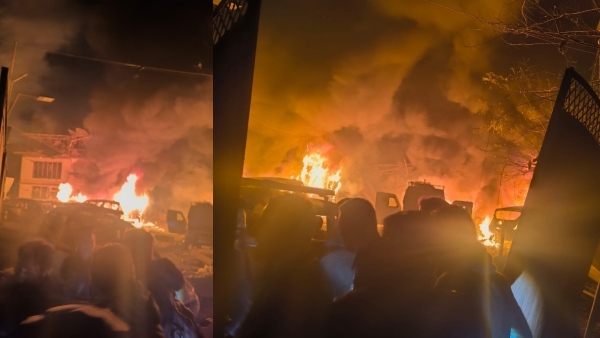In a heartbreaking and deeply concerning development, Indian police have arrested the owner of a pharmaceutical company following the tragic deaths of at least 21 children, mostly under the age of five, in Madhya Pradesh. The deaths have been linked to a cough syrup, Coldrif, which was found to be contaminated with diethylene glycol (DEG) — a highly toxic industrial solvent.
The syrup was manufactured by Sresan Pharma, based in Tamil Nadu, and was prescribed to young children over the past month. According to test results released by the Indian Health Ministry, DEG was present in the samples — a compound known to cause acute kidney failure and death, even in small doses.
Early this morning, G. Ranganathan, 75, the owner of Sresan Pharma, was taken into custody at his Chennai residence by a joint police team from Chennai and Madhya Pradesh. He has been charged with culpable homicide not amounting to murder and drug adulteration, as per reports by AFP and several Indian media outlets.
Authorities across multiple Indian states have now banned the sale and distribution of Coldrif, as the investigation expands. Meanwhile, the World Health Organization (WHO) has officially requested clarification on whether the contaminated syrup has been exported to other nations — raising international alarm over India’s pharmaceutical exports.
This tragic incident isn’t isolated. In 2022, over 70 children died in Gambia after consuming a similar Indian-made cough syrup, and 68 children in Uzbekistan lost their lives between 2022 and 2023 under similar circumstances.
These repeated occurrences have cast a shadow over India’s pharmaceutical industry — once hailed as the “pharmacy of the world” and currently the third-largest drug manufacturer by volume globally. The growing scrutiny has triggered demands for tighter regulatory enforcement, better quality control, and more transparent pharmaceutical practices across the nation.
At the Heart of the Tragedy: Real Lives, Real Losses
This isn’t just about numbers. These were children — babies who never got a chance to grow up, laugh, or chase dreams. Their parents trusted a system that was supposed to protect them. This tragedy is a brutal reminder that behind every headline is a grieving family, a silent nursery, a broken heart.
As the case unfolds, we must ask ourselves — how many more lives must be lost before real accountability and reform become non-negotiable? Let this be the moment when profit no longer comes before people, and where safety isn’t optional — it’s sacred.




